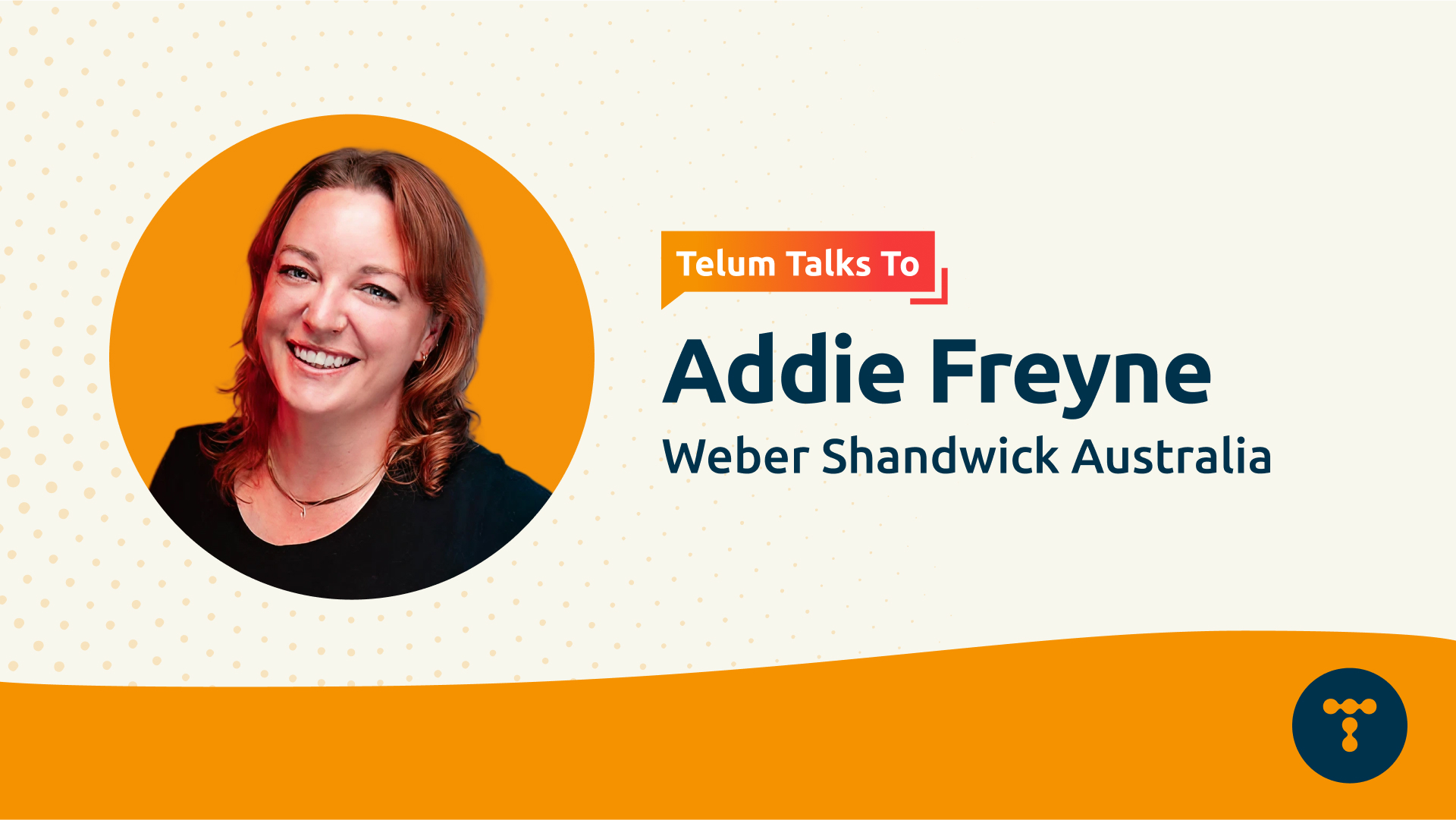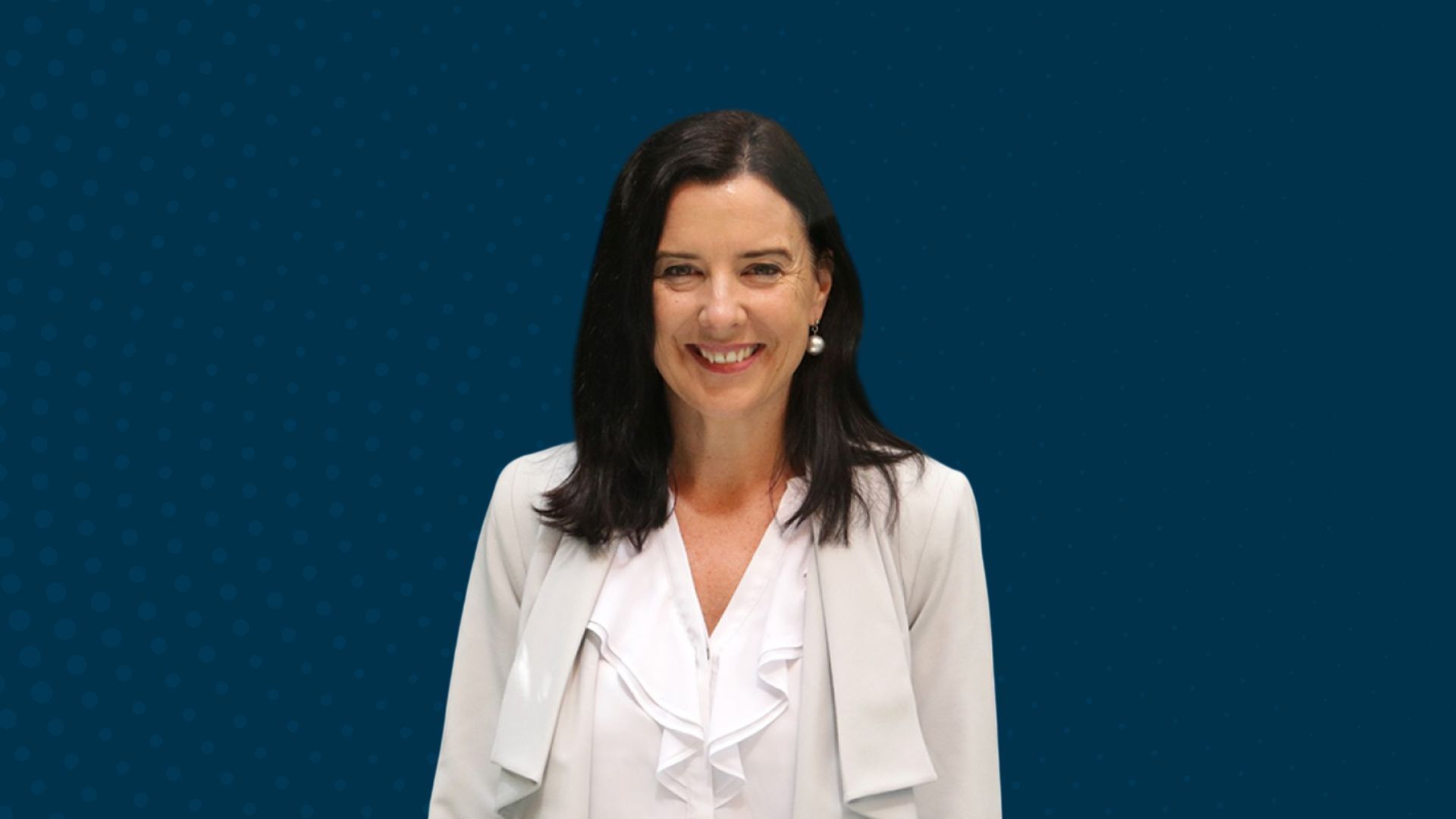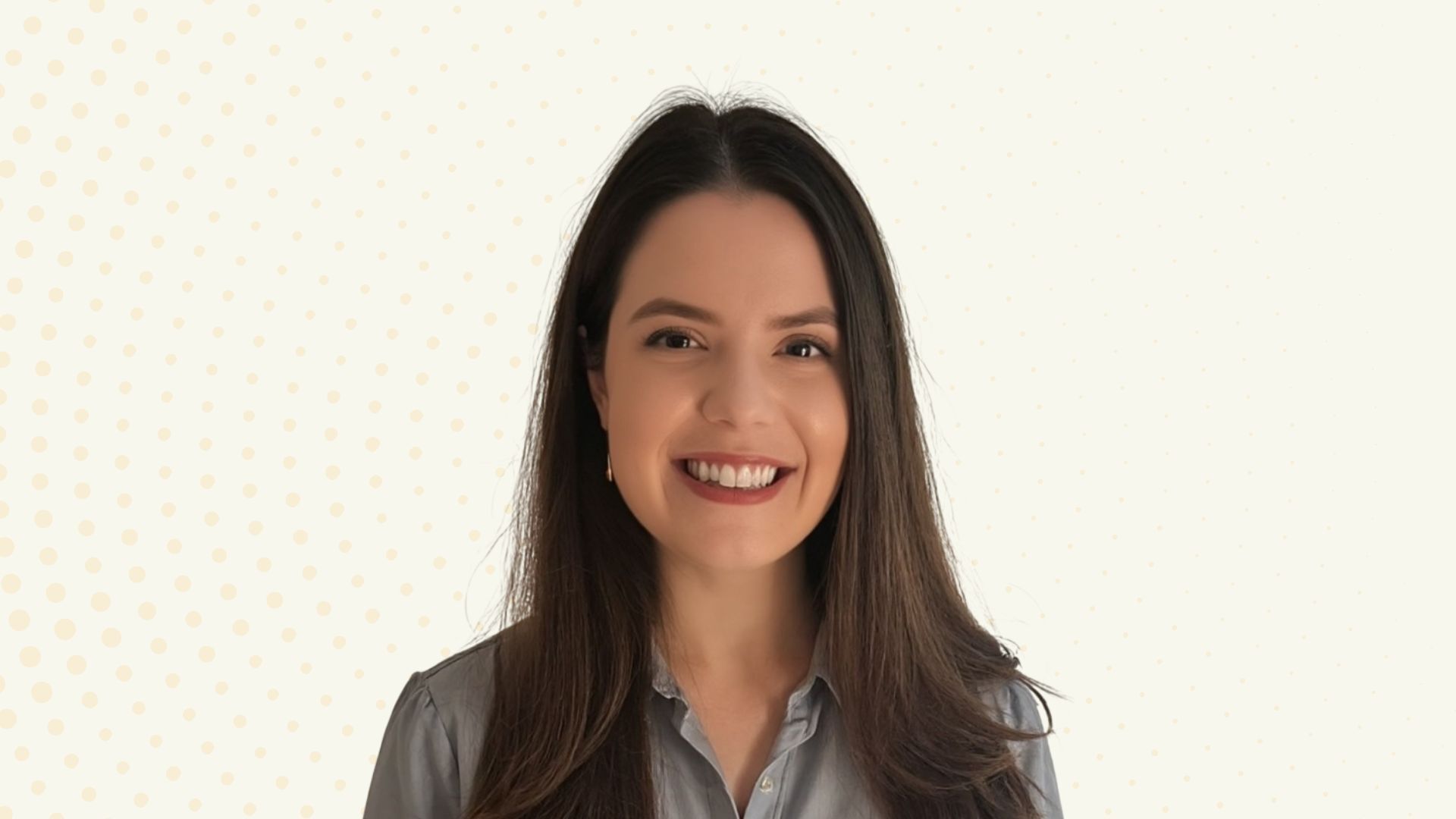In today's ever-changing earned media landscape, it's no longer just about where your story lands - it's about how it drives engagement, sparks conversation, and builds trust and authenticity.
Telum Media spoke to Addie Freyne, Director of Earned Creative Strategy at Weber Shandwick Australia, on the shift in earned media. She has spent the past decade leading various brands across tech, consumer, corporate and B2B, with experience spanning issues management, content marketing, and integrated communications.
Addie shares why communications professionals must combine strategic insight with critical thinking and a robust measurement framework to thrive and navigate in this complex field.
How would you define earned media today, and how has that definition evolved over the past five or ten years?
In my opinion, everything is earned. For a long time, "earned" was shorthand for traditional press coverage. Then over the past few years, the industry has expanded the definition to include other channels like social, podcasts and even user-generated content.
But the reality is we have to break out of channel-based thinking. Earned isn't about where your story lands - it's about whether it cuts through, sparks conversation, and drives real engagement. The measure of success is resonance, not placement.
The real secret (that some PRs are still wrestling with) is that while you might have a killer idea that is earned at the core, the execution needs to be integrated. We all acknowledge that audiences are more fragmented than ever. This means that if earned is the spark that ignites curiosity - paid, owned, and shared channels are what fuels a lasting fire. When these elements work together, we don't just capture attention, but we build movements, foster communities, and create impact that endures.
How have client expectations of earned media changed and how much more are brands demanding from earned campaigns today?
Earned has never had to work so hard. Trust, reputation and authenticity have never been more important or harder to manage. This is great for our industry as it brings communications back into the room with business strategy. However, this also means that we have to raise the bar when it comes to demonstrating tangible results with clear metrics that show how campaigns contribute to brand reputation and revenue.
Measurement and analysis aren't just for reporting, they're also essential tools for real-time mid-campaign optimisation. You can't just set and forget. Clients expect us to be part consultant, part air-traffic controller and ready to pivot at a moment's notice if the wind changes. Establishing strong benchmarks and a robust measurement framework makes this level of nimbleness possible.
The tools we have today would have blown my mind when I started my career. Gut feel and educated guesses don't cut it anymore because instant, data-driven decisions are now a reality. Our USP as PRs is combining these insights with our deep understanding of our client's brand and what's happening in culture, so that we can turn information into action.
In response to these changes, how has Weber Shandwick rethought roles or team structures to reflect a more integrated, strategy-led approach to earned media?
I firmly believe that every PR professional should be a strategist at heart. Critical thinking is the backbone of our work and should be woven into the fabric of every account and campaign. PR moves too fast for us to huddle with a strategy team every time a decision needs to be made.
But let's be honest, we are the Swiss Army knives of the business world, juggling an endless array of hats, often all at the same time. Between wrangling influencer contracts and pitching exclusives to the AFR, who really has time to dive deep into data and unearth novel insights on a daily basis?
That's why we're building a dedicated team to do exactly that: bring the deep thinking, robust tools, and sharp measurement our clients need. It also delivers an extra shot of strategic firepower that helps our team deliver even more impactful results.
For someone starting out in PR, what advice would you give on navigating this increasingly blurred media landscape?
Honestly, my best advice is to try everything. Have an open mind and explore every part of PR before you decide to niche down too early. All of it is good experience, even if you realise it's not for you. I had no idea what I wanted to do or what I was passionate about when I started out, but all the skills I've gained over the years from working in a wide range of industries, specialisms and sizes of companies have given me the opportunity to curate a role that is perfectly suited for me.
Understanding what your clients care about is crucial. Some advice I got recently that is so simple but makes this very easy, is to train your social algorithms to surface content that aligns with the brands and industries you want to work in. That way, you are constantly seeing relevant news and viral trends that might not naturally appear on your for you page.
And never underestimate the value of real relationships - with journalists, influencers, and your peers - still to this day, the ability to build connections is what sets great PRs apart from the rest.
Looking ahead, what do you think will define the next phase of earned media's evolution?
I think the future of earned looks even more decentralised and (delightfully) chaotic. Expect more misinformation, shorter attention spans, and a wild stampede toward quantity over quality.
Influence won't be controlled by a handful of gatekeepers. It'll be scattered across hyper-niche communities, encrypted group chats, private networks, and even AI-generated voices that sound suspiciously like someone you know.
Credibility and connection will matter more than ever: it's not just about what's said, but who says it, why they're trusted, and how their influence ripples through communities.
PR teams will need to become experts in guiding brands through this noisy, confusing and ever-shifting landscape.
Understandably, a lot of people are wary about AI's impact on the industry, but I say embrace the inevitable. Befriend the robots and use them to sharpen your skills. Our real value lies in judgement, intuition, and understanding cultural context - skills no algorithm can fake.
That's the future of earned: right at the intersection of meaning, community, and trust.



-2.png)